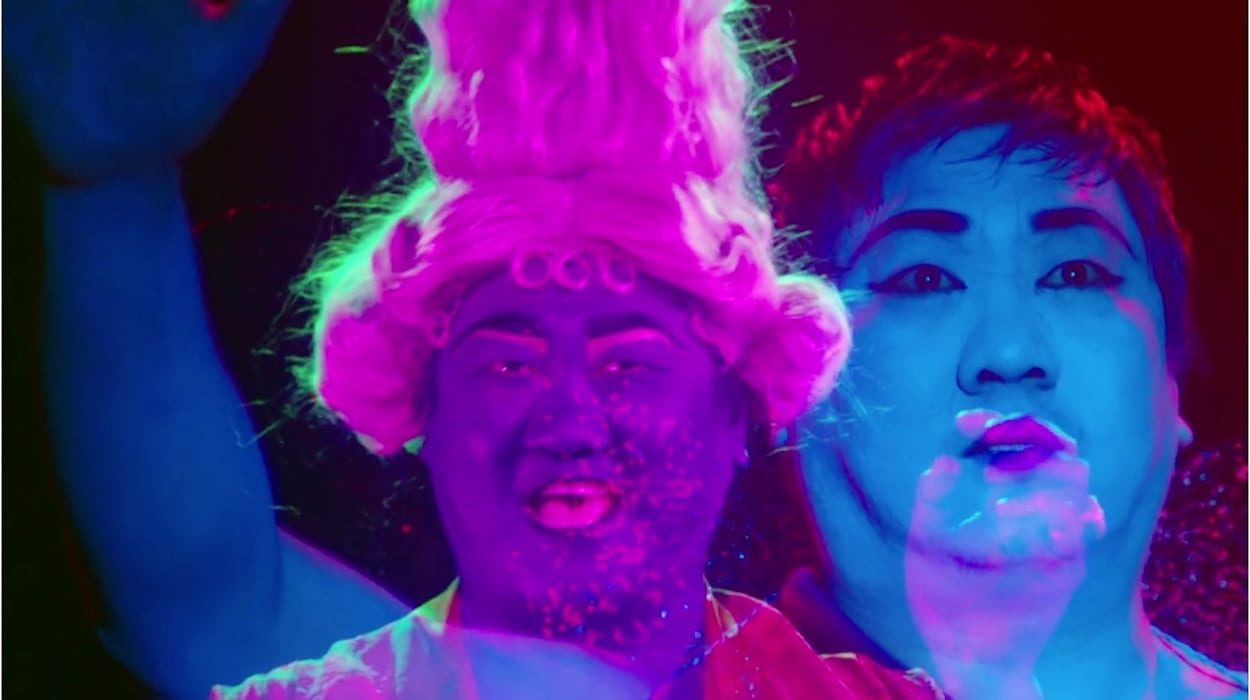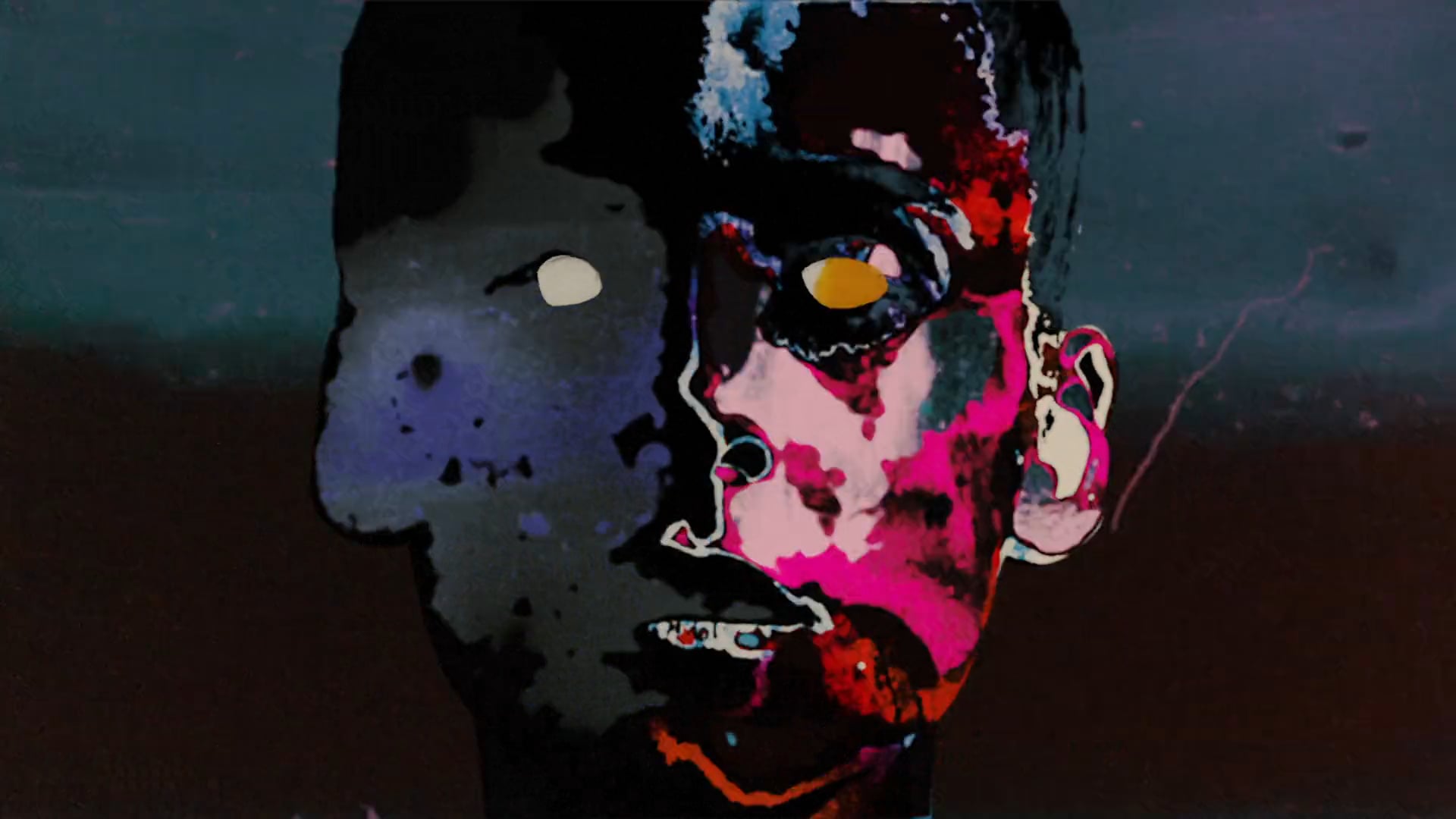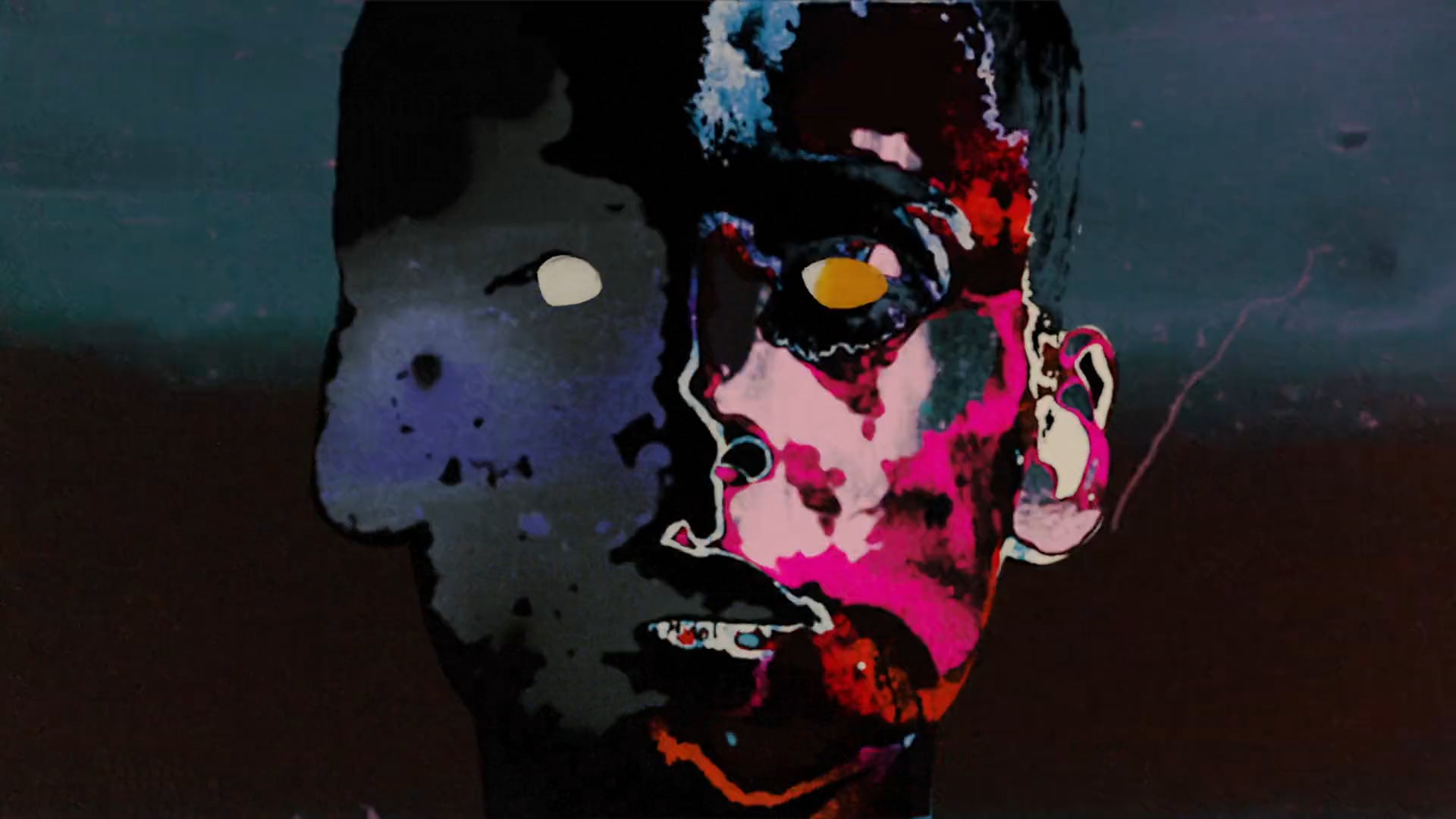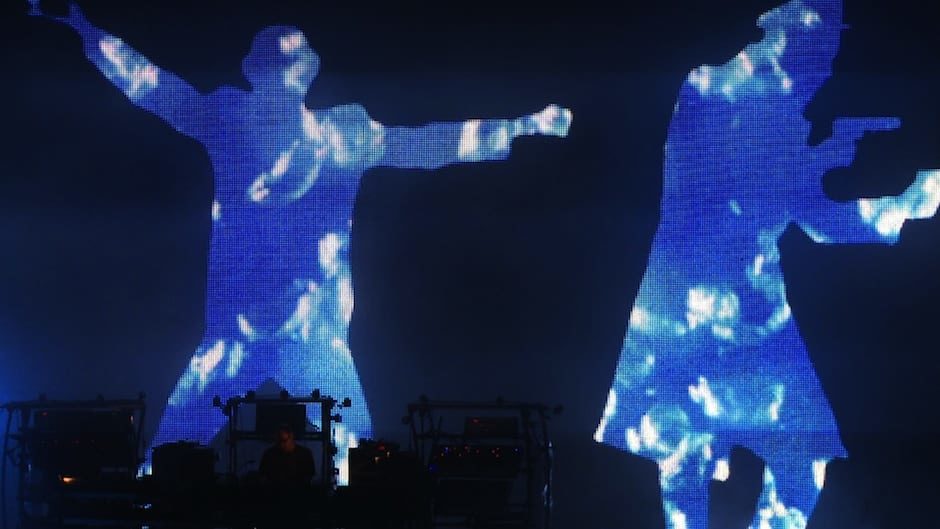One of our favourite interviews ever was with co-directors Adam Smith and Marcus Lyle who have collaborated with the Chemical Brothers in making their show visuals since the days the band played in small clubs to a backdrop from a slide projector.
As the European summer festival season draws to a close we ask Marcus Lyle as well as The Quarry editor, Mark Whelan, both who worked on the band’s movie Don’t Think, how the process differs from making linear movies and music videos to on-the-wall live visual spectaculars.
Marcus Lyle: There are two main differences. The first thing is ‘forget the narrative’. If you ask an audience to follow the narrative with the visuals, they’re going to get pulled away from being at a concert and towards being in a cinema. That’s the opposite of what we’re trying to achieve. We’re trying to amplify the feeling of being there with the music. So the idea is that with film you’re trying to set a scene and tell a story, with visuals it’s about trying to simplify it. You can’t rely on the audience following every image on the screen like you would with a traditional film.
The Chemical Brothers are a bit unique because the visuals are like the lead singer. Quite often there are visual samples that lip-sync the samples in the music. With some bands you’ve got a performer on stage, you’ve got somebody singing and what you’re doing is providing their backdrop. So quite often the singer is the foreground and the visuals are the background.
The thing about the Chemical Brother is that they’re remarkably egoless. They made a conscious decision not to be prominent on stage, and that they’re not traditional front men. There’s performance, but it’s not like working with Elton John or something.
Mark Whelan: It’s very tempting to cut together what would essentially be a music video, but that’s forgetting that it’s a live show. In purely practical terms the Chemical Brothers are set-up in front of the screen for a start, so you’ve got to bear that in mind when you’re choosing a frame, but also there’s the huge and intricate light show, which incorporates lights within the screen itself, as well as elements of stage design which all work to interact and compliment each other. That and the fact that it’s going to be playing to tens of thousands of people jumping around like lunatics – there’s no room for subtlety!
Mark, you were part of the team that worked across the visuals of the whole show, but you also edited the three tracks we’re showing here. Did they have their own challenges?
The track I’ll See You There has a double-exposed look, so every shot in it is actually two shots overlaid. There were a lot of rushes to go through to make sure we could properly explore every option we could come up with. That meant lots of experimentation.
For Go, we had two really amazing roller-skaters who performed a choreographed routine to the album version of the track, as well as some free-styling so we could chop up the two to create something that suits a live performance. That really came alive with the hybrid screen, which has LED lights within it, so you get a mixture of the film and a graphic light effect. As such, that involved a fair amount of imagination when we were working on the cut as we had to wait until rehearsals to see how that effect would turn out.
EML Ritual was a straighter edit than the other two, based around a rotor fairground ride. The main challenge from that was not getting dizzy watching the rushes, I found the room spinning when I looked away from the monitors quite a few times!














